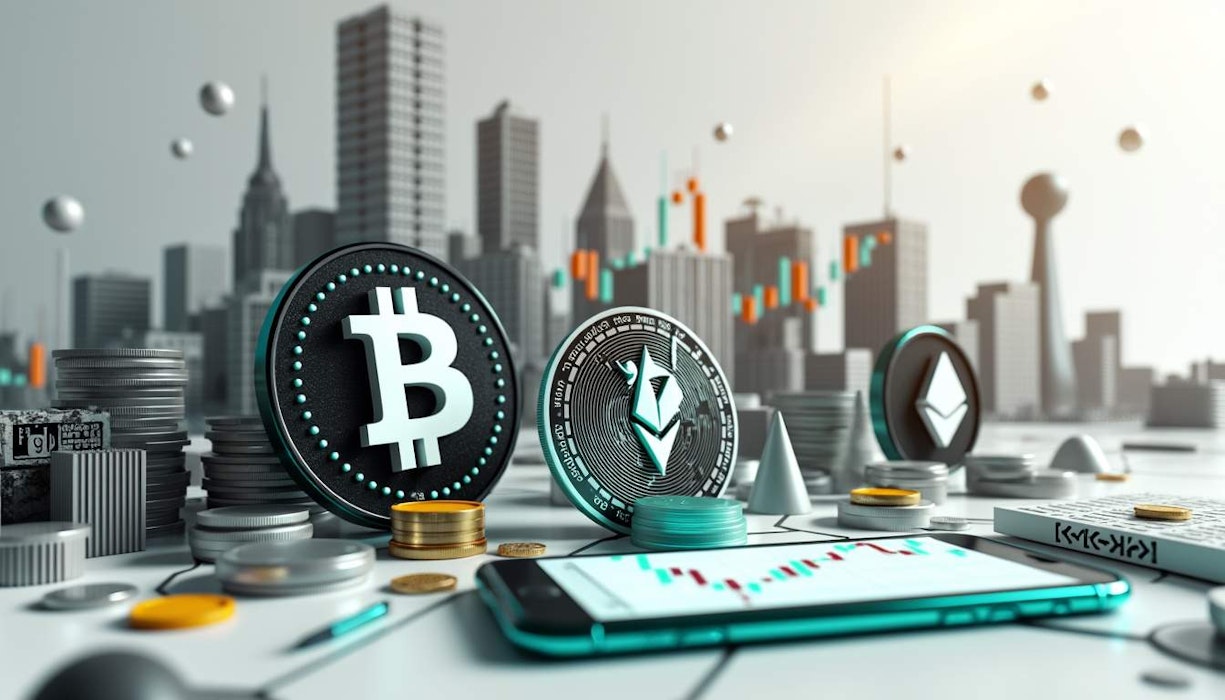Bitcoin ETFs are making waves and changing how people think about investing in cryptocurrencies. With massive trading volumes and more people jumping on board, these funds are becoming the go-to option for many looking to cash in on Bitcoin's potential. But are they really that different from traditional assets like gold? Let’s dive into what Bitcoin ETFs are, their pros and cons, and what they mean for the future of investing.
What Exactly Are Bitcoin ETFs?
Bitcoin Exchange-Traded Funds (ETFs) are essentially investment funds that track Bitcoin's price and trade on regular stock exchanges. They allow investors to get exposure to Bitcoin without the hassle of buying or storing the actual coins. This convenience is especially appealing to institutional investors and those who might be a bit hesitant about diving directly into the crypto waters.
The launch of these ETFs is a big deal—it shows how far digital currencies have come in being accepted by mainstream finance. By offering a regulated way to invest, Bitcoin ETFs could attract a whole new crowd of investors, which would likely make the crypto market more stable (or so we hope).
The BlackRock Phenomenon
On U.S. election day, something crazy happened: the BlackRock Bitcoin ETF hit a record trading volume of $4.1 billion! This spike was fueled by investor excitement over possible election outcomes that could be favorable for deregulation. According to Nate Geraci from the ETF Institute, these funds have quickly become popular among institutional players and might even rival traditional assets like gold one day.
Interestingly enough, BlackRock's Bitcoin ETF has more assets than its gold ETF now—a sign that preferences may be shifting towards digital assets.
Comparing Risks and Rewards: Bitcoin vs Gold
The Wild West vs The Old Reliable
Let’s face it: Bitcoin ETFs are known for being pretty volatile. If you’re someone who can’t stomach big swings in your investments, then maybe steer clear. Gold ETFs, on the other hand, offer stability—they're basically the safe-haven asset everyone turns to when things get dicey.
But here’s where it gets interesting: if you can handle some risk, Bitcoin has shown some insane return potential over time—far exceeding what gold has offered historically.
Who Should Invest Where?
At the end of the day, it all comes down to your personal investment goals and risk tolerance. If you're aiming for high growth and can handle volatility like a champ, then maybe it's time to look at some Bitcoin ETFs. Conversely, if you're more conservative—maybe just coming out of your parents' basement—you might want to stick with good old gold as your hedge against inflation.
Market Maturity Matters
Bitcoin as an asset class is still relatively young compared to gold—which has been around forever in various forms—and this affects everything from regulatory frameworks to market behaviors.
Diversifying Your Portfolio
Interestingly enough, both types of ETFs can serve as tools for diversification. A balanced portfolio could include both—the stability of gold alongside the high-risk high-reward potential of Bitcoin—tailored perfectly to your investment style.
The Road Ahead: Mainstream Acceptance or Just a Fad?
Are We There Yet?
The massive inflows into BlackRock's ETF suggest that we're nearing some kind of tipping point in mainstream acceptance of cryptocurrency-based products. Just recently reported inflows showed $25 billion year-to-date into these funds! With such heavy buying activity concentrated in one product type, it seems like digital assets are becoming part of traditional portfolios.
Regulatory Hurdles Still Looming
Despite their popularity, it's crucial to remember that we're still operating under somewhat shaky conditions—the approval by entities like the SEC provides some oversight but also highlights how new this all is.
And let’s not forget about custodial risks; companies like Coinbase hold huge amounts of Bitcoins for these funds—what happens if they run into trouble?
Summary
So there you have it: Bitcoin ETFs offer an easier way into an otherwise complex asset class but come with their own set of challenges—from volatility to regulatory uncertainties. While they may not yet replace gold as the go-to hedge against inflation for most conservative investors out there, they certainly represent an interesting alternative—and perhaps complementary option—for those willing to take on additional risk.
